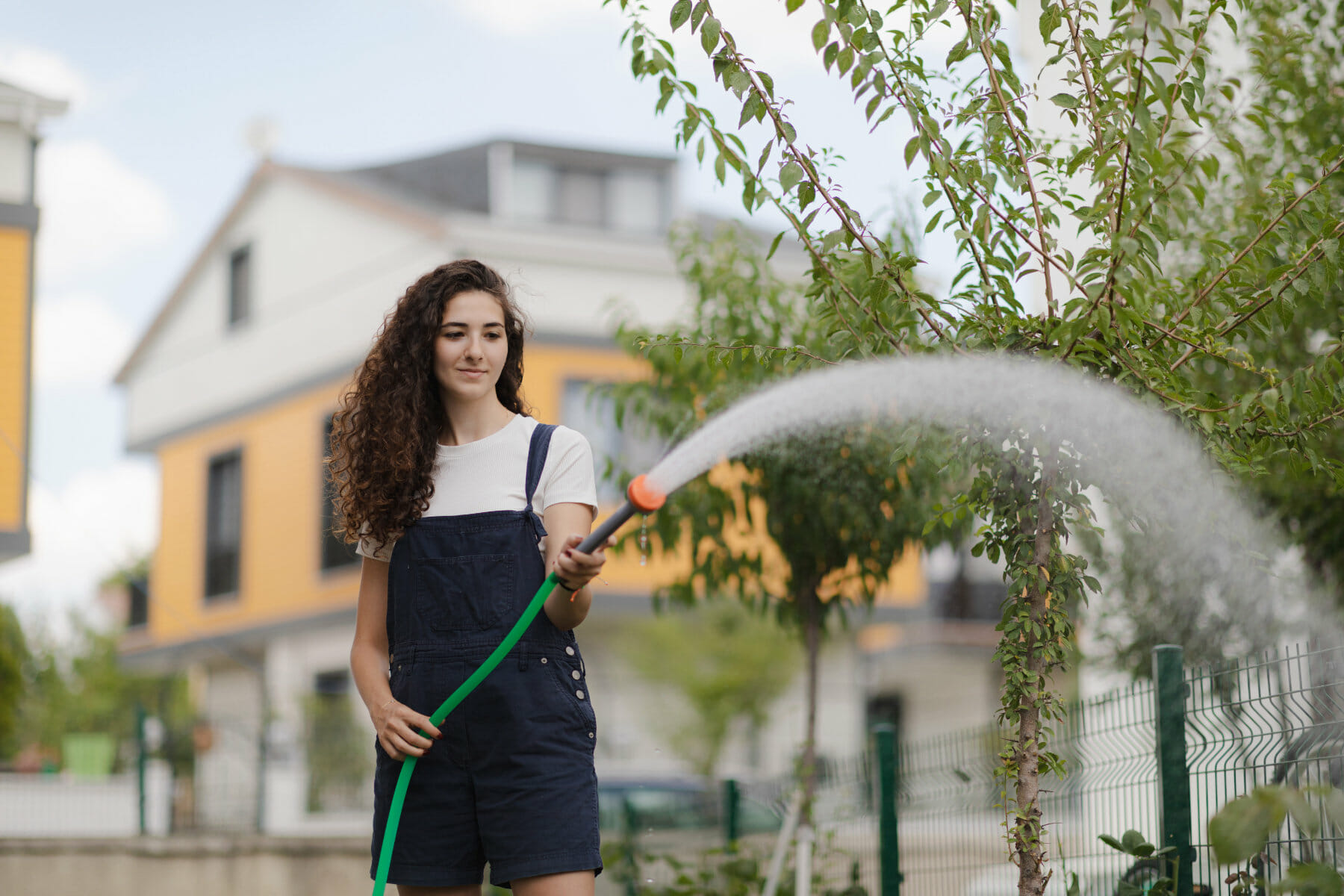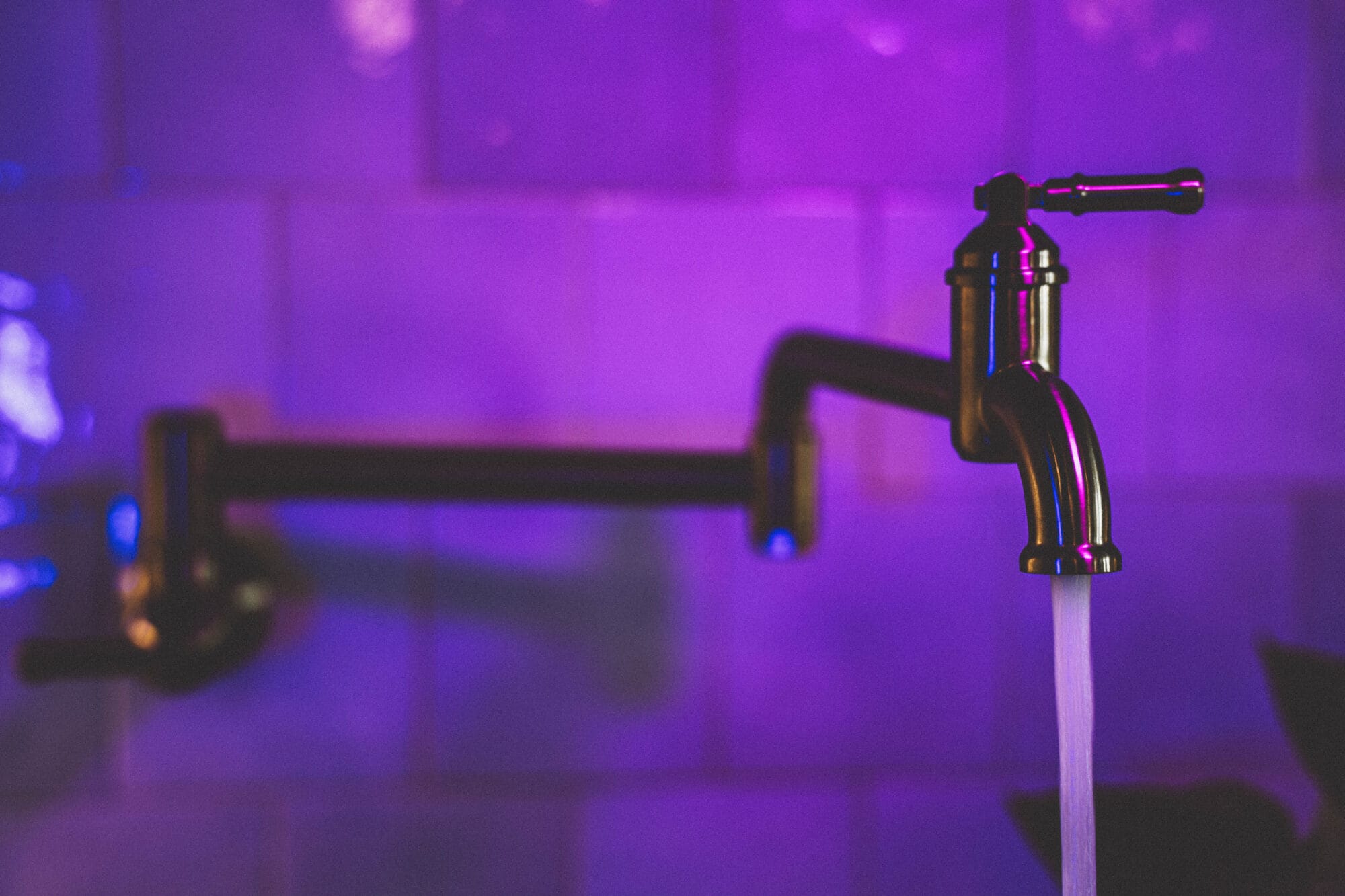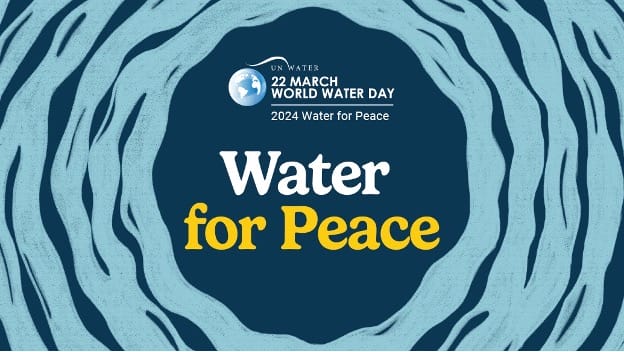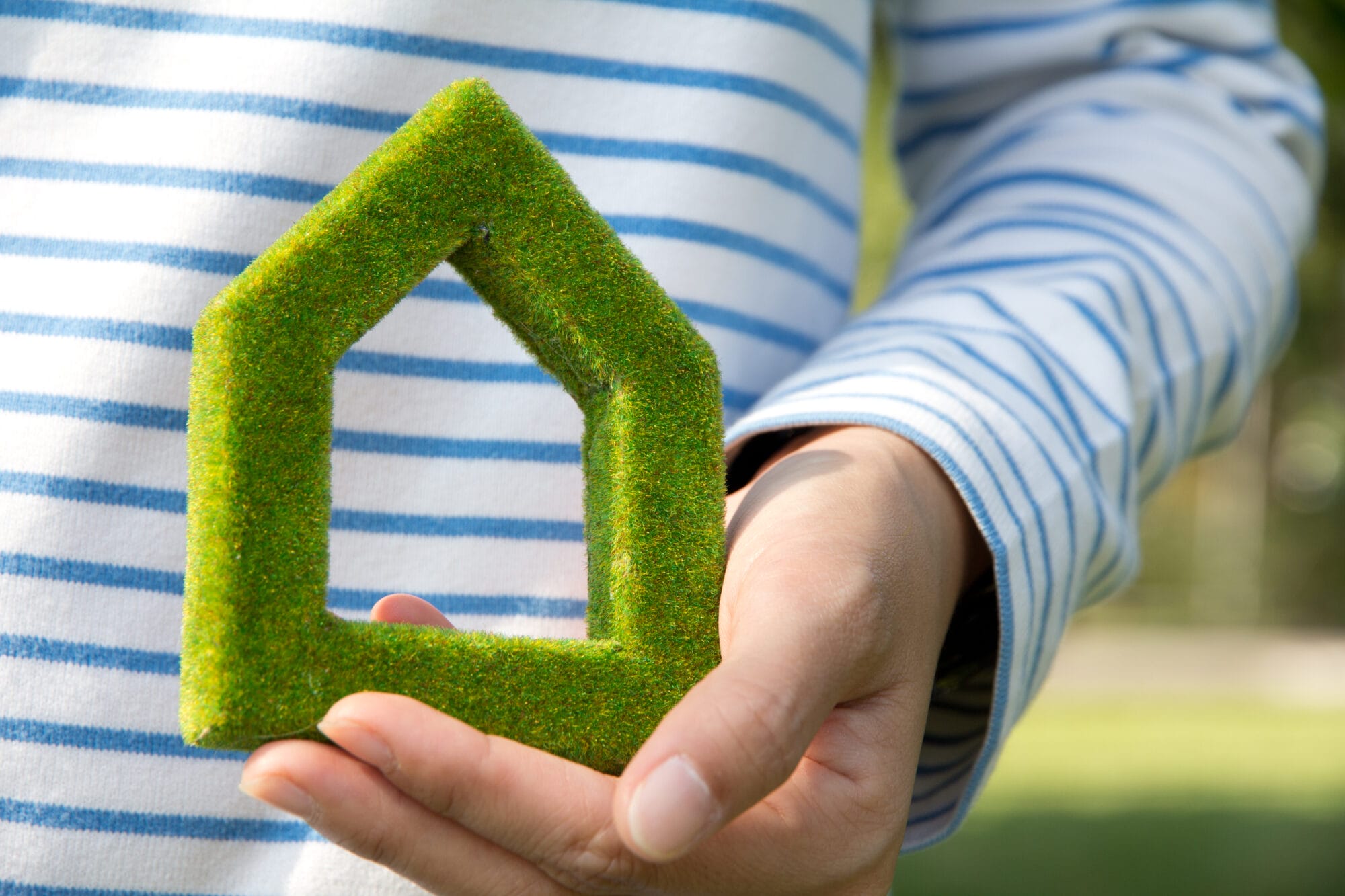National World Environment Day 2023 is taking big steps to beat plastic pollution in its devotion to save the environment. To find out more about this invitation for a change and global effort, head to worldenvironmentday.global to join the cause.
While National World Environment Day is dedicating its cause to bring awareness to the pollution of plastic world-wide, at Intown Plumbing, our expertise is in water. To play our small part, we have put together these five general tips to give you an idea on how you can save our planet by participating in the conservation of water. However, if you thought you were only going to receive five tips from this article, you might want to grab a notepad!
Strategies For Reducing Water Usage at Home
Water is an everyday essential, and the average person absentmindedly overuses it daily, taking for granted its value in quality and quantity across the globe. If one could become conscious of the concept of water conservation, they would open a window to a dozen new ways to save water in their household (not to mention saving money on that utility bill). Talk about a literal ripple effect.
Shorter Showers
The amount of water being used is easily forgotten in the bliss of a hot shower. Surprisingly, the average shower lasts about eight minutes long, however, a typical shower head pours about two gallons of water per minute. That is 16 gallons of water for the average shower! If saving water is in your interests, consider setting a timer or an alarm to cut your shower time.
Portion Control
Saving water can be tough, but you can take baby steps to make it happen. For example, if you love to be chest deep in a hot bath after a long day, try halving your usual tub fill. You might continue to fragment how much water you utilize in your bath. The benefit of owning a dishwasher with an auto wash feature is portion control. However if you do not own a dishwasher, consider measuring out the amount of water you would like to complete your chores with.
If you are really the audacious type, get a load of this. If you use the louver multiple times daily, you are flushing nearly two gallons of water each flush. Now do the math if you live in a family household, or worse, an apartment building! In a private setting, consider only flushing when necessary.
Another way to reduce water waste in the oval office is the water bottle trick. To lessen the volume of water in your toilet’s cistern (water tank), simply take a water bottle and anchor it down with rocks or a weight of some sort, fill the rest of the bottle with water and conceal it, and place it in the corner of your toilet’s cistern. It may be a small amount, but it could save up to five gallons of water a day!
Never Let the Water Run
Speaking of portion control, if preserving water had an “oldest trick in the book” hack, it would be to never let the water run. In how many daily activities could you let the water run? Brushing your teeth, washing your hands, taking a shower or drawing your bath, washing dishes, gardening, playing with the water hose on a hot day. If you are ready to play a small part in water conservation, simply turn the water off. Rinse dishes in a small bath of suds and water. Rinse your produce in a bowl of water. Again, you can try measuring the amount of water you use during everyday utilities.
Lawn Hacks
My personal favorite—the lawn care hacks! Every plant lover will be sure to have their garden and lawn receive every bit of tenderness, love, and care (especially when your plants are being dramatic). While water is essential for the survival of your green friends, there are a few tricks to help you save. Water your plants and/or garden at cooler parts of the day to reduce evaporation time. Use a watering can instead of a sprinkler system. Use a broom instead of a water hose to clean your porch and driveway.
Check Plumbing Regularly
The best for last! Be sure to check your plumbing and pipes regularly for damage and leaks. Leaky faucets and shower heads are one of the number one causes of water waste. House leaks are responsible for the loss of waste of 900 billion gallons of water annually. If you find a leak in your home, try recycling the water by placing a bucket or bin under the leak. The water may be boiled or be of use elsewhere.





